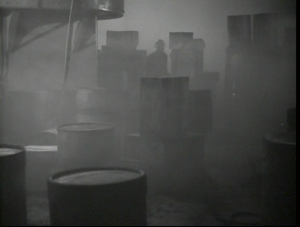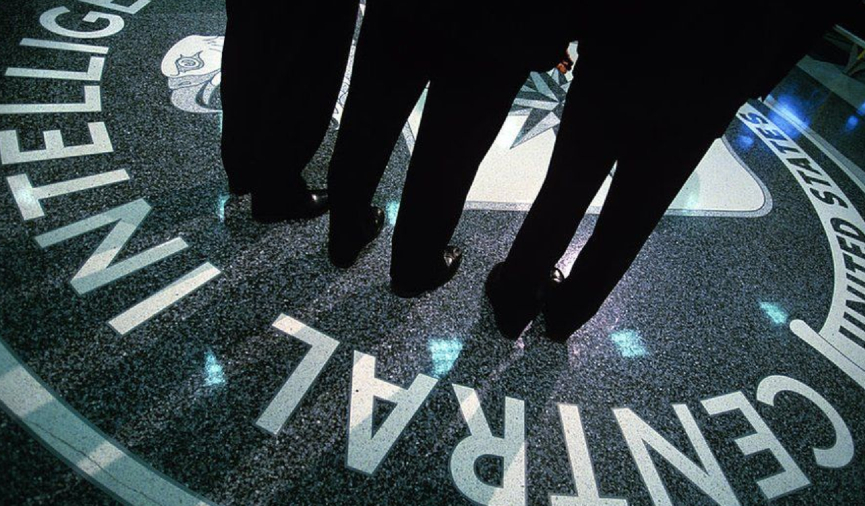

He returned as CIA director from 2004 to 2006.Ĭoffin joined the CIA after graduating from Yale in 1950. He left the agency due to a mysterious case of blood poisoning in 1972 rumored to have been a botched assassination attempt. Recruited to the CIA while a Yale student in the early 1960s, the Waterbury native served in a variety of roles that remain classified.

He was ultimately released after 20 years and became a New Haven judge before dying in 2014. Those who know him recall his incredible charisma and likability.Īfter graduating from Yale and joining the CIA, he was captured on a covert mission in China and sentenced to life imprisonment by the Chinese government. After leaving the agency, he returned to work at Yale in the president’s office. He helped plan the CIA-sponsored Guatemalan coup d’état in 1954 and was a key agency organizer of the disastrous Bay of Pigs. “He would come to value coded language, textual analysis, ambiguity, and close control as the means to illuminate the amoral arts of spying that became his job,” Morley writes in his book. “His literary bent and his fascination with literary criticism as a mode of analysis really had a strong resemblance to his intelligence thinking,” Morley says. Morley’s book details how Angleton launched mass surveillance by opening the mail of thousands of Americans and essentially set his own Middle East policy, and presents compelling evidence that Angleton obstructed the JFK assassination investigation.īut much of Angleton’s sensibilities as an intelligence officer were inspired by literature classes at Yale. However, Jefferson Morley, author of The Ghost: The Secret Life of CIA Spymaster James Jesus Angleton, says that the perception of Angleton as merely an obsessed mole hunter understates his role in the agency. His Ahab-like quest to find the mole devoured resources and distracted from other intelligence-gathering efforts, according to many historians.

Later, based on what others felt was suspect testimony from a KGB defector to the U.S., Angleton became convinced that there was a high-ranking mole within the CIA. Early in his career, he was a close friend of Kim Philby, a British intelligence officer stationed in Washington, D.C., who turned out to be a double agent for the Soviet Union. Few figures in espionage history stand out as starkly as Angleton, a Yale poet who went on to become the chief of CIA Counterintelligence from 1954 to 1975, leaving behind a tangled web of intrigue that continues to fuel conspiracy theories.


 0 kommentar(er)
0 kommentar(er)
